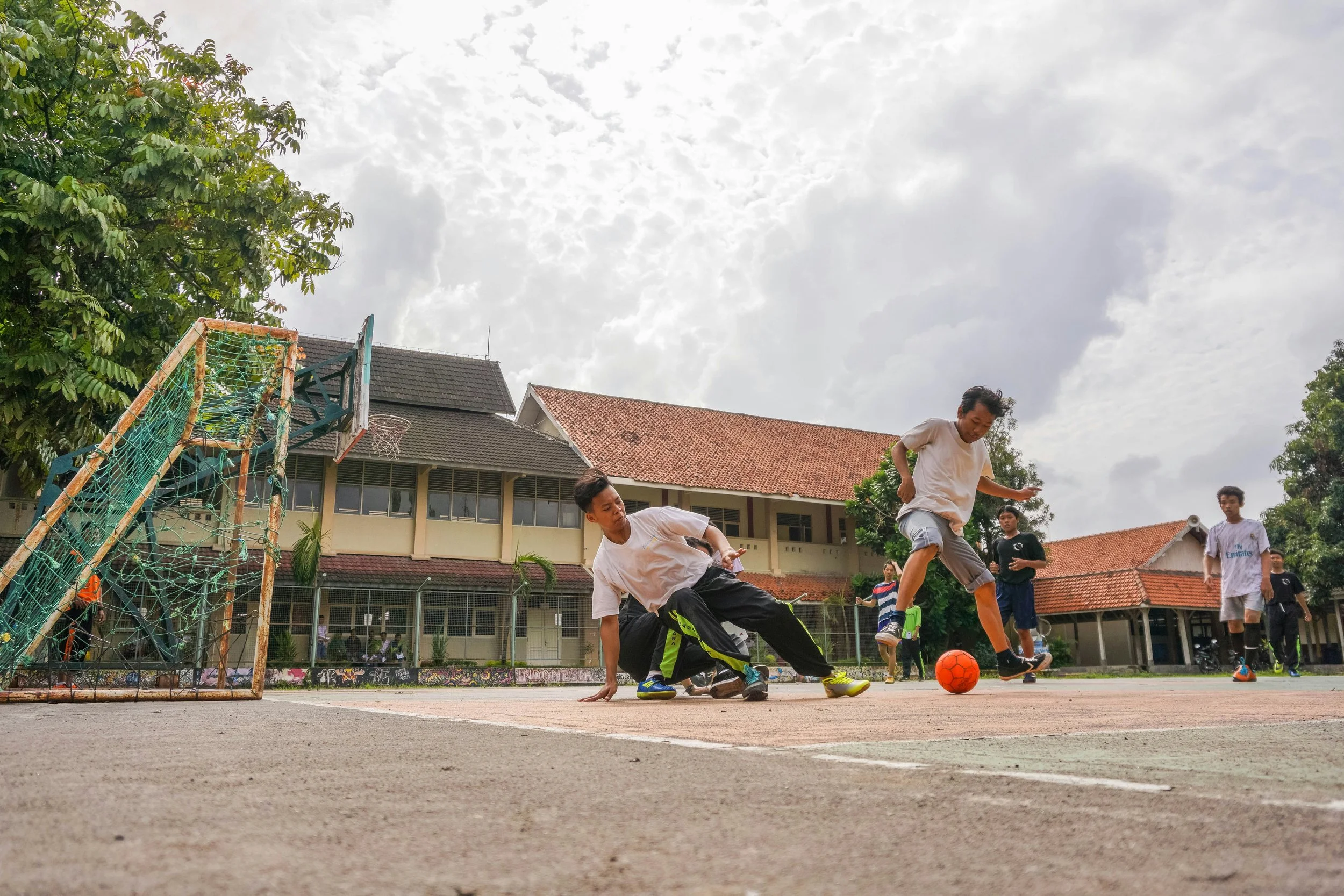How Futsal Shapes Some of the Most Creative Footballers in the World
Football’s Secret Classroom
Before Neymar danced past defenders at the Camp Nou, he was a kid playing football in tight futsal courts in Brazil.
Before Ronaldinho lit up Europe, he was mastering the art of deception and control indoors.
Futsal — football’s smaller, faster cousin — has quietly shaped some of the most creative players the game has ever seen. It’s not as glamorous as the Champions League, but ask any top player from Brazil, Spain, or Portugal, and they’ll tell you: futsal made me who I am.
What Makes Futsal So Different
At first glance, futsal looks like football on a smaller scale.
But that’s like saying chess and checkers are the same game 😒.
It’s played on a hard surface, five-a-side, with a smaller, heavier ball that doesn’t bounce much. That single difference changes everything.
In futsal:
You have less space and less time
You touch the ball dozens of times per minute
Every decision matters
There’s no room to hide or waste a pass. Every player has to think quickly, move intelligently, and control the ball like it’s glued to their feet.
As a result, futsal trains the most underrated skill in football: creativity under pressure.
Photo by Muhsin Ahmad on Unsplash
The Skills That Transfer to the Pitch
So what exactly does futsal teach that makes footballers so special?
First Touch and Close Control
The futsal ball demands precision. With less bounce and less space, players are forced to trap and move the ball cleanly every time. When they switch to a grass pitch, the extra space feels like a luxury.
2. Quick Passing and Movement
Futsal rewards sharp, one-touch football. Constant rotations and small combinations are the backbone of every play which is what makes teams like Manchester City or FC Barcelona tick.
3. Spatial Awareness
Because the court is so tight, players learn to scan constantly and anticipate runs. That translates into elite-level vision on the full pitch.
4. Improvisation and Flair
No set plays, no long balls, just creativity. Futsal rewards imagination and risk-taking, the same traits that make players like Neymar, Vinícius Jr., and Iliman Ndiaye so entertaining to watch.
Futsal’s Role in Player Development
Across South America and Europe, futsal isn’t a side hobby; it’s a foundation.
Brazilian academies use futsal to teach young players technique before moving them to grass pitches. In Spain, youth setups blend both sports to create technically gifted, intelligent players.
Even in England, where physicality rules, academies are waking up to the value of futsal. The Football Association (FA) now promotes futsal as a development tool, recognizing its impact on control, confidence, and decision-making.
You can see traits in players like:
Phil Foden, whose tight control feels like street futsal on grass
Pedri and Gavi, Barcelona’s futsal-influenced midfield maestros
Jude Bellingham, quick-thinking, spatially aware, and fearless under pressure
Beyond Technique. The Mental Side of Futsal
Futsal doesn’t just sharpen skills; it shapes mindset.
On a futsal court, you make hundreds of micro-decisions in minutes. Players learn to read opponents, adapt instantly, and stay calm in chaos. It builds confidence in small spaces, something you can’t teach as well on a full pitch.
That’s why futsal-trained players often look effortless when surrounded by defenders. Their instincts are faster because they’ve been trained to survive in tighter spaces their whole life.
The Creative DNA of the Modern Footballer
Watch the world’s best dribblers, passers, and playmakers — and you’ll notice a pattern.
They all have futsal DNA 🧬.
That effortless touch, that split-second vision, that audacity to try the unexpected, it all comes from the same place: small courts, small goals, big imagination.
In a world where football is increasingly structured and tactical, futsal remains a playground of creativity. And maybe that’s why it matters more than ever.
Conclusion: The Game Within the Game
Futsal might not draw stadium crowds, but its influence on football is massive.
It’s the hidden classroom where skill, creativity, and confidence are born. From the streets of São Paulo to the courts of Lisbon, futsal teaches players to see the game differently, to play beautifully, not just efficiently.
If football is the symphony, futsal is the jam session that inspires it.
Key Takeaways
Futsal develops creativity, control, and composure
Smaller spaces = faster decisions and smarter play
Many elite players grew up on futsal courts
Futsal builds technical and mental foundations for modern football

